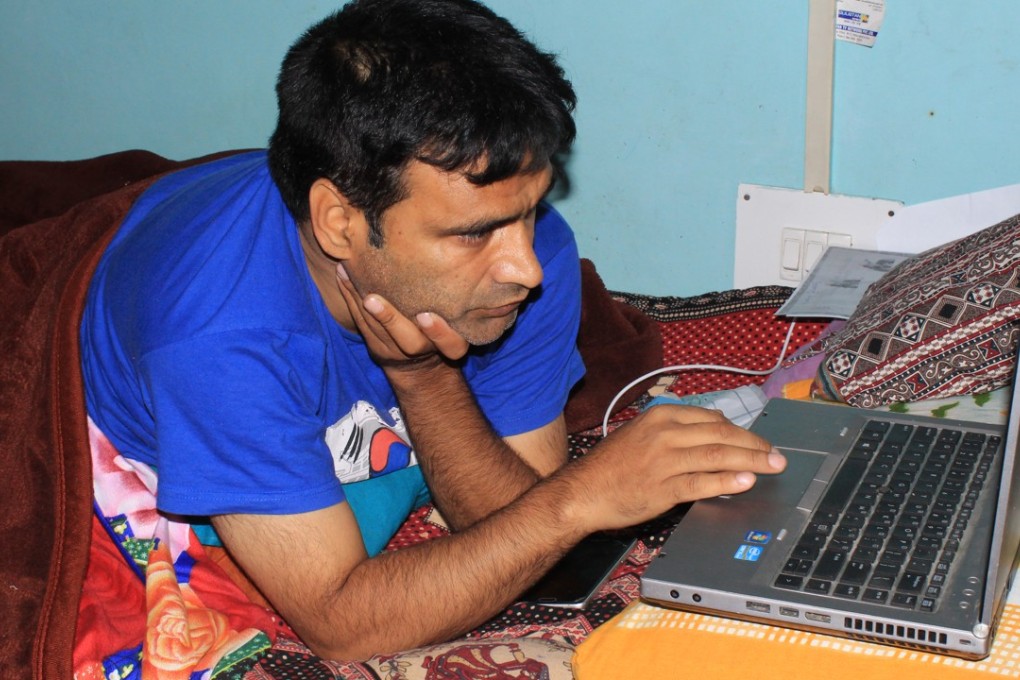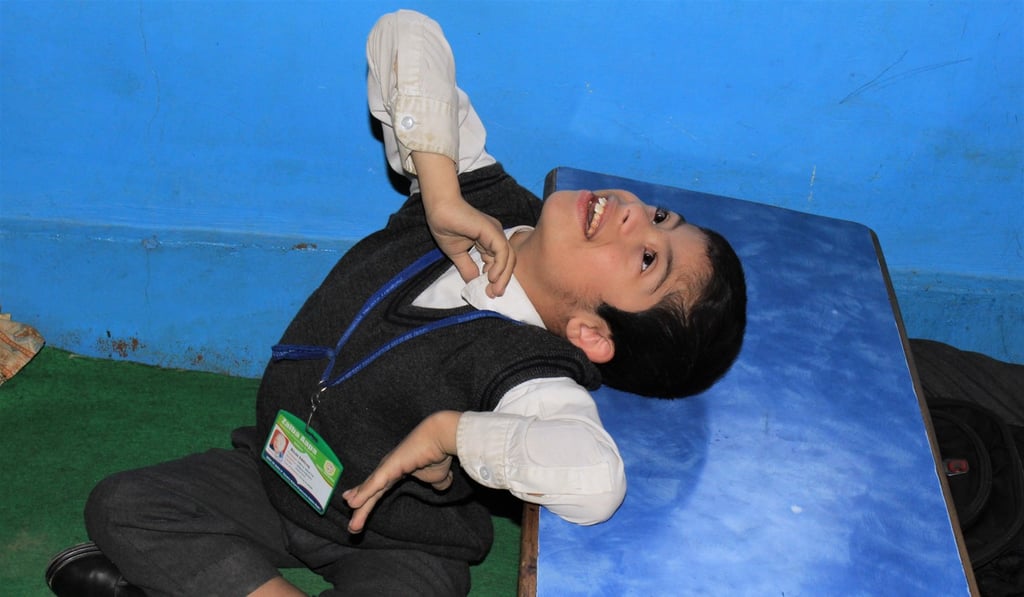Gunmen in Kashmir left me paralysed. Now I teach its disabled children
- There are more than 100,000 disabled children in conflict-ridden Kashmir.
- Had Javed Ahmad Tak not been shot, there might still not be a single school to cater for them

Javed Ahmad Tak, a senior college student from Southern Kashmir’s Bijbehara town, had been living in his uncle’s house while Javed’s uncle was undergoing treatment for cancer. At midnight on March 22, 1997, masked gunmen came looking for one of Javed’s cousins, a member of the pro-India National Conference party. Unable to locate his cousin, the gunmen shot Javed at close range, damaging his internal organs including the spine, which left him paralysed below the waist.
“I remember the cold stretcher touching my bare skin at the hospital. That is the last thing I felt on my legs,” Javed, now in his mid-40s, says while working on a computer inside his living room. The room, adorned with countless trophies and recognitions, itself is a testament to Javed’s resilience in the face of immense personal tragedy.
It was while he was bedridden in hospital – a period of almost a year – that Javed realised his true calling in life. He decided to provide free tutoring to disabled children in his neighbourhood.
“I hired a room inside a government building and turned it into a school for two blind girls,” recalls Javed, who now has two graduate degrees, in social work and education.

With the help of some friends and former students, he carried out a survey to assess the living conditions of people with disabilities in and around his town. For Javed, the survey produced a shocking revelation. “Some parents had chained their children with disabilities like animals and confined them to a room,” he says. He became determined to bring a positive change in their lives.
